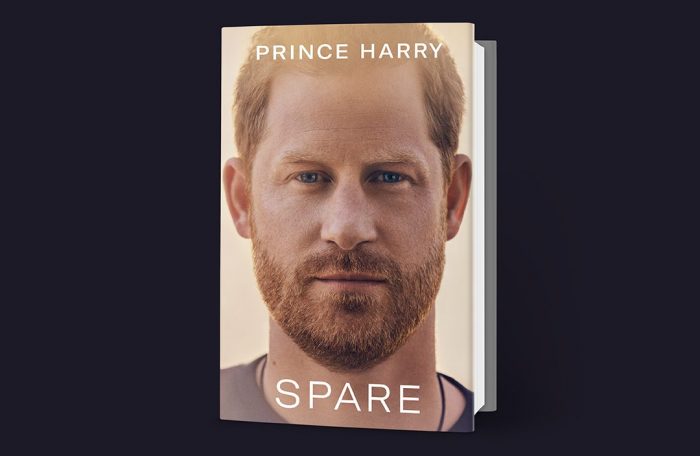Between You and Me: The British Royals have won the battle for our air waves
By Leah S. Dunaief

Why are we Americans so fascinated by the British royal family? Well, surely not all of us are, but enough to make even the staid The New York Times write daily stories about Prince Harry and Meghan leading up to the release of Prince Harry’s book, “Spare,” this past Tuesday. On that day, the story went front page and continued on an entire broadsheet inside page. Just about every news outlet has covered the Prince Harry and Meghan Show.
In the interest of full disclosure, I have read each and every story in the New York Times. So I’m trying to figure out the appeal for myself and those who are similarly addicted. It’s not as if we would want to have a king or queen in the United States. Heaven forbid. So what, then?
Maybe it has to do, like most eccentricities, with our early childhoods. Shortly after I learned to read, I loved fairy tales about princes and princesses, wicked stepmothers and dragons. Thanks to the Brits, we have a replay of such stories for our adult lives. Well, sort of. It depends to whom one assigns the role of dragon.
But in fairy tales, they live happily ever after. For us adults, the royals’ stories have a reality component. We know there is no such thing because we all have families. And families disappoint each other, fight with each other, malign and divorce each other and otherwise disgrace each other. But families don’t usually put their “dirty linen” out in public. Yet here is that gilded group, in theory living the best possible lives as kings and queens, princes and princesses, causing each other unbelievable grief. It’s a rom-com gone dystopic.
The other part of this drama is its permanence. Like the soap operas of old, the stories just keep unfolding as time progresses. Again, in my elementary school years, when I would come down with some infectious disease, my mom would prop me up with lots of pillows in my parents bed, and I would listen to the half-hour soaps on the radio. Sometimes my mother would come into the bedroom to listen to one of her favorites. (Incidentally, that was before television.)
She was totally hooked on “Our Gal Sunday,” whose preamble each day would ask the question, “Can this girl [named Sunday] from a little mining town in the West find happiness as the wife of a wealthy and titled Englishman?” This may offer a clue to our captivation with the British Royals. In the case of Harry and Meghan, she, of course, is an American. While she doesn’t come from a little mining town in the West, she doesn’t have that as a strike against her, she is biracial, an actress and divorced.
Divorced! Divorce prevented Wallis Simpson from becoming Queen. Divorced caused Princess Margaret to lose her true love, Peter Townsend. And although Diana and Charles were finally allowed to get divorced, that was only as a relief from the constant acrimony.
As far as being an actress, Prince Philip, Harry’s grandfather, was quoted as having advised Prince Harry, “We don’t MARRY actresses.”
And what can we say about biracial? A glimpse into racial attitudes among the court was the recent kerfuffle involving Queen Elizabeth’s former lady-in-waiting, Susan Hussey, and her insistent questioning of a Black British guest at Buckingham Palace as to where her family came from. The implication was decidedly not Great Britain. Hussey was stripped of her duties and publicly apologized.
So the current situation with the Duke and Duchess of Sussex, who have chosen as their refuge the (usually) sunny shores of Southern California, has many threads of interest for Americans. And probably the real appeal of the current tribulations of the House of Windsor is its relief from the hard, very hard, news of our time: the war in Ukraine, the immigration mess at the southern border and the spread, denial not withstanding, of the coronavirus, influenza and respiratory syncytial virus (RSV) germs.







